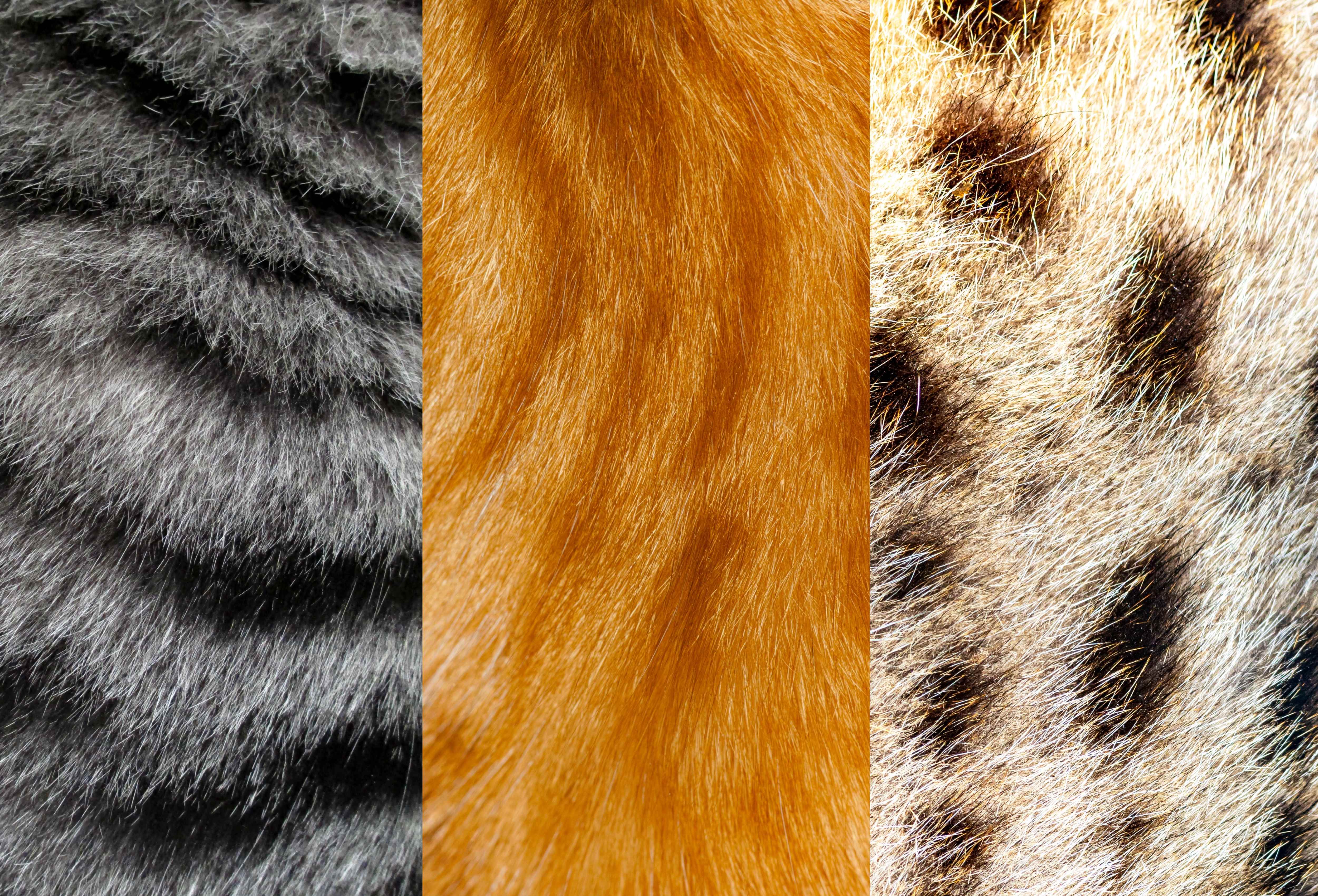Fur and trait DNA tests in cats
The new website for veterinary DNA tests is launched!
For the purchasing veterinary DNA tests, please use the new page and e-shop - www.vetgen.eu
If you have any questions, contact us by writing to vetgen@genera.lv or call us 26267833!
Important!
If the tested mutation can affect more than one coat colour, coat type, or other nuances, an additional description of the mutations and possible outcomes will be provided in the specific test description.

Interpretation of results
For autosomal recessive congenital coat type, colour, and exterior traits, DNA tests will most often show the alleles of the tested gene and the related changes:
- no mutations in any allele (no mutation homozygous) - the cat does not have any of the tested mutations. The cat will not manifest this feature, nor will he be able to pass it on to his descendants;
- the mutation is in one of the alleles (the changes are heterozygous) - the cat has the tested trait mutation in one of the alleles (he is a carrier). This trait will not manifest in the cat but 50% of its offspring will have this type of genotype. If two such cats are mated, 25% of the kittens should have the trait tested;
- the mutation is in both alleles of the gene (the changes are homozygous) - a cat with such a genotype is more likely to show the tested trait (if it is not affected by other genes), and the cat will pass this trait on to all its offspring.
If the tested trait is autosomal dominant, incomplete dominant, or co-dominant, the DNA test results will most often include the following possible positions:
- no changes (homozygous) - cats with this genotype will not have the tested traits, and the mutation will not be passed on to their offspring;
- changes in one of the alleles (heterozygous) - cats with a mutation in one allele may show the test trait, it may be partial or cause another trait by combining the two (in the case of partial dominance), or features of both alleles may be present (in the case of co-dominant inheritance); however, the extent to which a particular mutation will be expressed cannot be measured in advance. The mutation can be passed on to 50% of the offspring;
- changes in both alleles (changes are homozygous) - the trait tested will be fully manifested in the cat, and the cat will pass this mutation to all its offspring.
Attention!
All available veterinary DNA tests are performed remotely - animals are not admitted to the laboratory!
Do you have questions about testing opportunities?
Ask us!